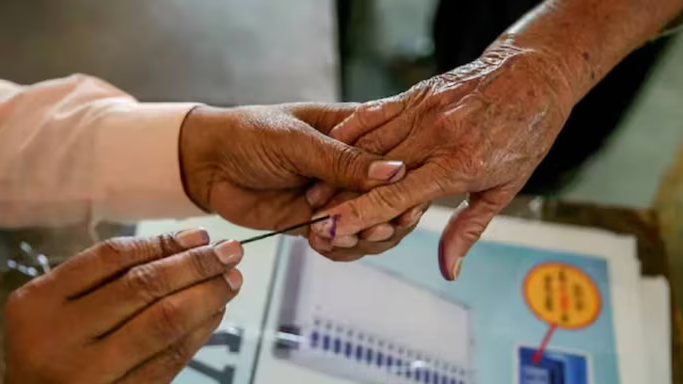In the ongoing deliberations concerning the verification of votes cast via Electronic Voting Machines (EVMs) with Voter Verifiable Paper Audit Trail (VVPAT), the Supreme Court emphasized its limited authority over elections, stating that the Election Commission of India (ECI) has addressed concerns.
A bench consisting of Justices Sanjiv Khanna and Dipankar Datta sought clarification from the ECI on five specific queries regarding EVM functionality. The Court directed an officer from the Election Commission to respond to these inquiries by 2 pm today.
“We cannot control the elections, we cannot control the functioning of another constitutional authority,” the bench affirmed. “The ECI has addressed concerns. We cannot alter your perspective or issue directives based on suspicions.”
Justice Khanna clarified the Court’s intention, stating, “We sought clarification to ensure accuracy in our findings. We are not inclined towards factual inaccuracies.”
During the proceedings, concerns were raised about the transparency of the EVM source code. Justice Khanna firmly stated that disclosing the source code could lead to misuse and emphasized its non-disclosure.
The queries posed by the Court included the location and programmability of the microcontroller, the number of Symbol Loading Units, and the sealing procedure of the Control Unit and VVPAT.
The Court also discussed the current practice of verifying VVPAT in five randomly selected EVMs per Assembly segment of a parliamentary constituency.
Earlier this month, the Supreme Court issued a notice to the ECI following a petition advocating for the counting of all VVPAT paper slips instead of the current random selection. The petition argued that simultaneous verification with additional officers could expedite the process.
In response, the ECI emphasized the integrity of EVMs, highlighting pre-election mock drills and candidate involvement in machine selection.
The case underscores the ongoing dialogue between judicial oversight and electoral administration, emphasizing the importance of transparency and procedural integrity in the electoral process.

